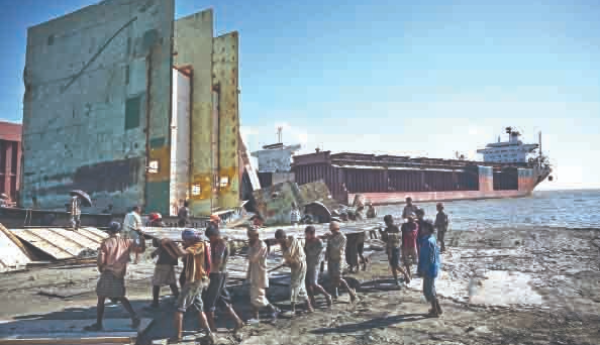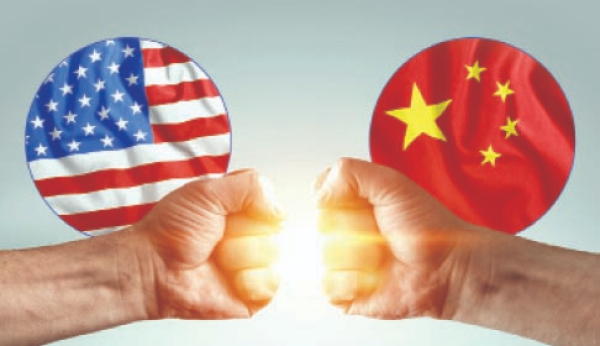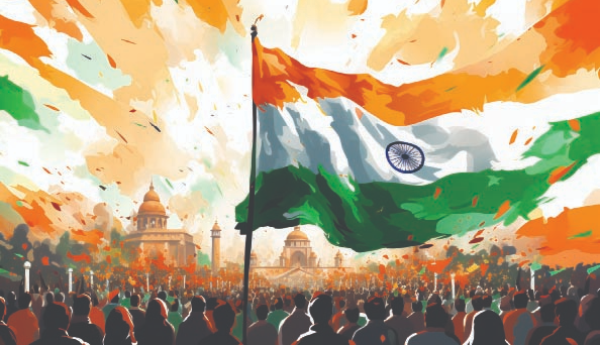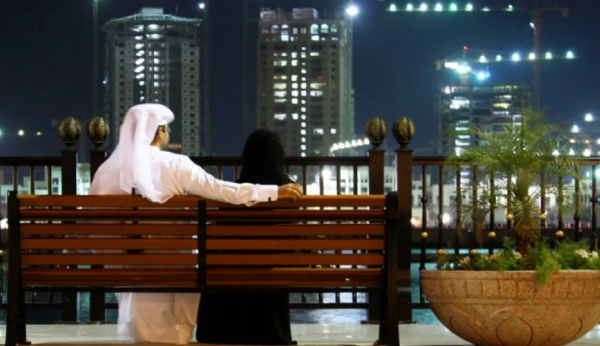The Immense Potentials of Ship Breaking Industry in Bangladesh
The Immense Potentials of Ship Breaking Industry in Bangladesh
The Immense Potentials of Ship Breaking Industry in Bangladesh

US based research organization, Clarksons revealed that Bangladesh tops the ladder in ship recycling industry. In 2019, according to a report by the United Nations Trade and Development Organization (UNCTAD), Bangladesh recycled 57.6 percent of the world's ships. Apart from the cheap labor, the reason for Bangladesh's rise to prominence in shipwrecks is its dependence on steel supplies. In India, the basic raw material for making steel is iron ore. Presumably, they have less reliance on breaking old ships. Moreover, according to a report, China has stopped importing old ships from outside the country to reduce environmental pollution. As a result, Bangladesh is now becoming a huge market for ship scrap.
Basically, after decades of operation, when a ship is declared unsuitable for navigation, ship owners sell it in developing countries, especially in South Asians. Then the ships are scrapped and all the equipment as well as valuable parts are separated for recycling. According to YPS, each year about 600 ocean-going ships are abandoned worldwide. Apart from Bangladesh, old ships are wrecked and recycled in China, India, Pakistan and Turkey.
For third world developing country's economy, this industry has been universally acknowledged as a blessing. On October 30, 1970, a catastrophic cyclone killed about ten thousand people in the coastal districts of Chittagong, Noakhali and Patuakhali. At that time the Greek ship M Alpine was stranded in the coastal area of Sitakunda. After being stranded there for several years, as the ship could not be floated in the sea, the then Chittagong Steel House broke the ship on its own initiative with the help of local people and sold its equipment and metal parts in local market. Since then, Bangladesh has been involved in today's ship breaking industry. However, ship-scrap commercially started in Bangladesh in 1974 with the help of Karnafuli Metal Works Limited. After a slow pace throughout the eighties, the tide of investment in the industry began to flow mainly from the nineties. Dhaka or Chittagong based traders started leaning towards this business after seeing the possibility of double or triple profit by spending a certain amount of capital per ship. Thus, it became the commercial hub and now people from different parts of the country flock here in search of employment. About 50,000 people of the country are directly involved and about 0.1 million people are indirectly involved in this industry.
The industry is a significant source of steel which reduces the need to import steel. It meets the demand of rod and steel in the local market of Bangladesh. At present the demand for steel in Bangladesh is about 50,000 tons, whereas our country does not have its own metal source or mine. About 70 per cent of the country's steel demand is met by the industry. Currently, there are more than 350 small and large steel re-rolling mills in our country and their main raw material is ship scrap.
Oil & chemical tankers, bulk carriers, container & passenger ships, general cargo, gas carriers, offshore vessels and others are among the ships brought for wrecking in Bangladesh. About two and a half to three hundred 'wrecked' ships are cut every year and 300-500 people are employed to break up a ship depending on the size and quality of the ship. In addition, many crews are employed to make the ship's partially damaged parts suitable for recycling. Some of these recyclable products are exported and the rest are sold in local markets, which are reused later on Bangladeshi ships.
Every year, the government of Bangladesh earns hundreds of crores from this industry by levying various tariffs, which amounts nearly 10 billion. In its different hubs, this industry has created employment for the poor and unskilled people who would have no employment opportunities elsewhere. It is considered a green industry too, since the ship and all the materials inside the ship can be recycled and resold. Just as the industry supplies raw materials to the steel industry, so does the industry provide a variety of furniture and electrical appliances?
However, these economic benefits should be considered together with social and environmental costs. It has been found that 84 per cent workers are not getting any medical benefits from these factories. Some local organizations in Bangladesh have estimated that 1000-2000 workers have died in the last 30 years due to working in this heavy industry. According to the country's health statistics, the number of disabled people in Chittagong is above the average number of disabled people in the country. Also many workers have lost their limbs and performances.
The overall working environment of the shipbreaking industry is not yet fully worker friendly. The biggest allegation against this industry is the environmental pollution. Various chemicals, oils and waste products present in the ship are mixed with the environment, which is destroying not only that area but also the environment of the surroundings. Residents in the surrounding area may be exposed to the same long-term health risks as workers in the area.
Another big concern is labor safety. Workers don't wear any mask or safe clothes while working. They work or forced to do these extremely risky jobs barefoot or wearing ordinary sandals. They are doing things with an acetylene torch, sitting on the deck of a ship full of chemical mud or combustible gas, with bare hands, bare feet, without a mask and with a fear of being blown away by a gas explosion or collapse of heavy material from above.
It is true that cheap labor availability is a boon for the development of any industry in Bangladesh. However, capitalists are leveraging out of the workers. In a developing third world country, where population density is high, naturally there are more workers with less health benefits.
Moreover, the owners of the ship breaking industry do not pay heed to any rule. They buy the world's oldest toxic ship, sometimes they bring ships that no country in the world wants to take, not even for free. According to the international rules, before sending a ship to the spot for wrecking, the ship must be sent free from harmful chemicals & harmful substances. European Union's Ship Recycling Act of 2013 say, no European flagged country can ship harmful asbestos, lead, chemicals and flammable substances to any shipbreaking yard. But the ships that are sent for wreckage do not comply with the rule all time. As the senders violate international rules, they change their flags before their ships landed in the yards of third world countries.
Though our country's early ship recycling industry had lost a lot of people along with environmental pollution, over time there has been some improvement due to strong law enforcement and the movement of some environmental organizations. However, there are still many shortcomings.
Now, from economic perspective, it does not seem realistic to stop the ship breaking industry. Again, it should not be allowed to continue as it is now. In this situation, the government and the owners have something to do to keep the industry afloat.
The safety of the workers engaged in shipwrecking should be given utmost priority. They should be given helmet & safety kits instead of hammer and sickle. Modern technological development should be introduced too. In addition to the provision of compensation in case of mutilation or loss of life of the worker, there must be an insurance system for all the workers of the industry. This may reduce the amount of profit of the owners. But workers will get their rights and mutilation or death will be reduced. Hence, the development of industry will get pace in the right track.
Additionally, It has to be brought in the rules as well as it has to be implemented on how old ships can be brought in the yards, what kind of toxic waste ships cannot be brought in the country.
The Bangladesh government introduced new national policies and laws in 2011 to improve the environmental and occupational health and safety standards of the shipbreaking industry. However, no significant progress has been made in its implementation so far. It is imperative to adhere to the government's policy on safety of workers and converting shipyards into green shipyards along with health protection of workers and adequate provision of first aid.
Workers are used as modern slaves, such an idea has been established in the world about the shipbuilding industry of Bangladesh. In order to get out of this, the initiative of the government of the country is needed as well as the mentality of the owners should also be changed.
For sustainable development, we cannot eliminate the ship breaking industry. But we can make the industry more acceptable by reducing the amount of pollution from this industry and ensuring labor safety through good management. Because, the ship breaking industry is likely to go far away in the years to come.
The writer is independent analyst on business & international affairs
 Ahmad Bhuiyan
Ahmad Bhuiyan 








